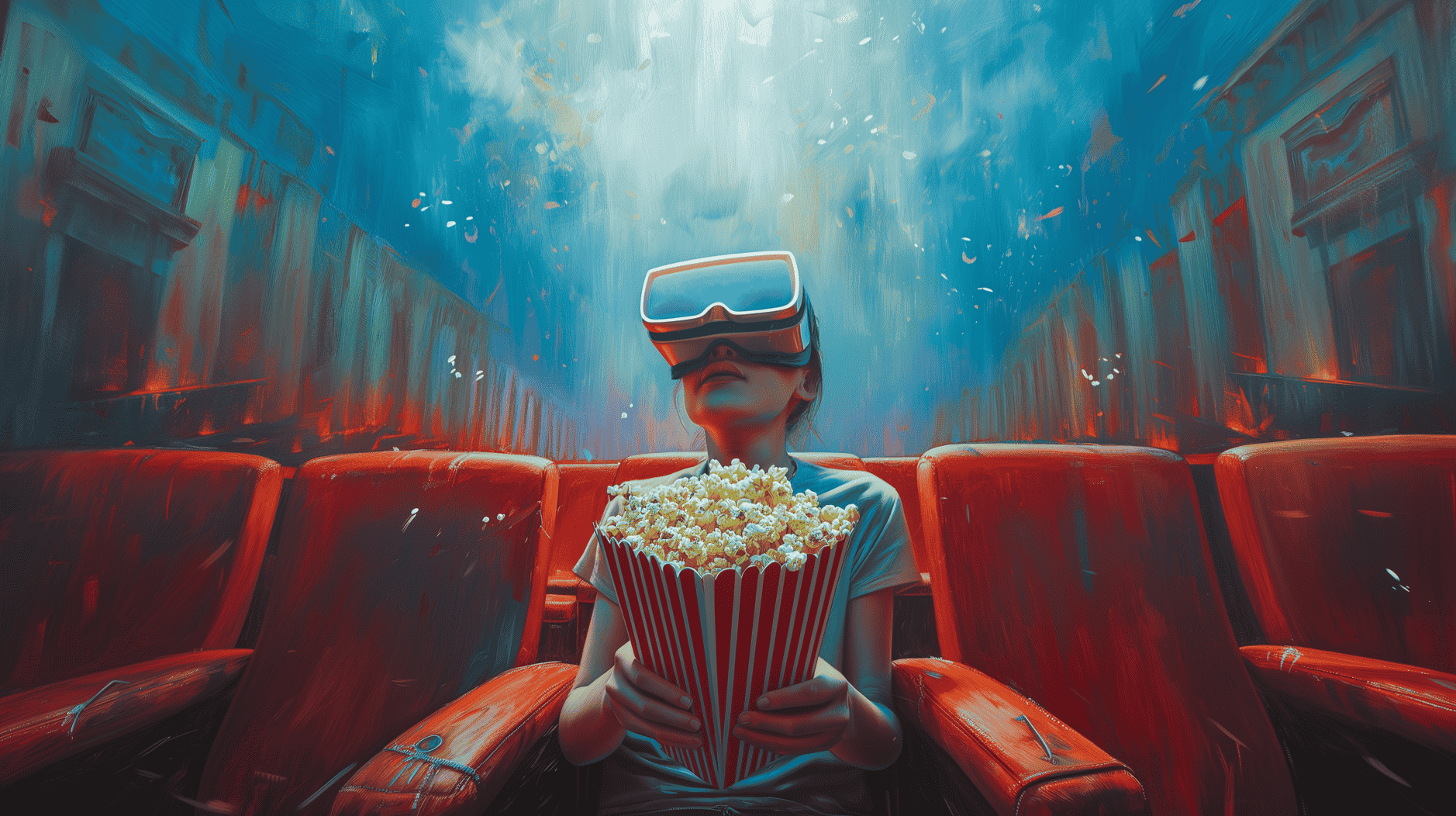Vision Pro ist laut Apple eine „All-New Immersive Entertainment Experiences“
Apple legte den inhaltlichen Fokus bis zum heutigen US-Vorverkaufsstart seiner Brille auf „groundbreaking entertainment experiences“.

I’ve watched five minutes of some TV program on this damn thing and I’m like, “Why am I going back to my iPad?”, it makes no sense.
But the thing is you actually have to be mobile-native to actually appreciate something like this. So if you’ve grown up watching a 75-inch screen television, you probably would not really appreciate it as much. But if you are like me who’s been watching iPad for ten-plus years as my main video consumption device, this is the obvious next step. If you live in Asia, like you live in Taiwan, people don’t have big homes, they don’t have 85-inch screen televisions. Plus, you have six, seven, eight people living in the same house, they don’t get screen time to watch things so they watch everything on their phone. I think you see that behaviour and you see this is going to be the iPod.
The headphones, why are headphones selling all the time everywhere? It is because people want their moment of privacy and they want to be alone and they want to listen to their media in their way. I think that’s what Vision Pro excites me is it’s going to be a video consumption device.
YouTube, Spotify und Netflix fehlen (voraussichtlich) zum Start im Februar. Ganz im Gegensatz zu Play und Infuse sowie Apple Music, Disney+, Max, Peacock, ESPN und Amazon Prime Video, die alle dabei sein wollen.
Es ist nicht überraschend, dass (in-)direkte Konkurrenten einer neuen Plattform, die obendrein nur sehr langsam anlaufen wird, abwartend gegenüberstehen. Aber unmissverständlich ist, dass YouTube, Spotify und Netflix sich hier aus politischen, nicht technischen Gründen entschieden haben. Und dennoch: „This is a bad look for Apple.“
Aber für wie lange? Vision Pro scheint ein Entertainment-Monster zu sein. „Headsets“ befinden sich auf Kollisionskurs mit „AR-artigen Brillen“ – die einen werden kleiner, die andere besser. Für (heimische) Unterhaltung verspricht Apple aber schon für seine erste Vision-Version – in ihrer jetzigen (noch recht klobigen) Form – „the ultimate entertainment experience“.
Wenn dem wirklich so ist, dann stellt sich die Frage, wie lange YouTube, Spotify und Netflix das aussitzen wollen und nicht (wenigstens) ihre iPad-kompatiblen Apps freischalten. Es fehlen ihnen nämlich überzeugende Gründe für die Nichtteilnahme.